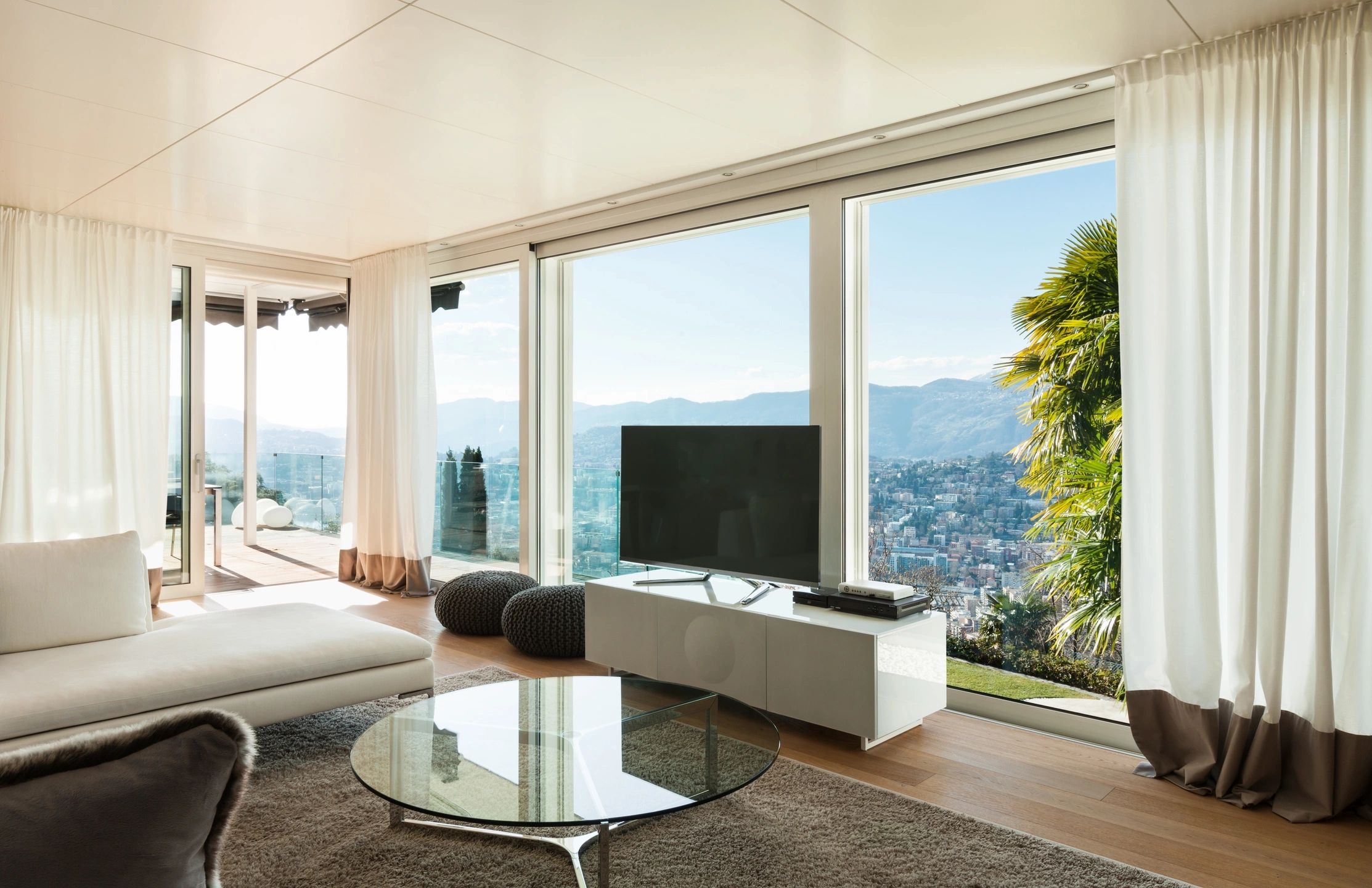Myth: New Homes Don’t Need Any Maintenance
When purchasing a new home, it’s easy to assume that since everything is brand new, there’s no need to worry about upkeep. After all, no one wants to think about potential issues when they’ve just invested in a dream home. But here’s the truth: even new homes require regular maintenance to stay in top shape.
In this blog post, we’ll debunk this common mortgage myth and walk you through essential maintenance tasks for your new home, step by step.
Understand That Maintenance Is a Long-Term Commitment
Even if your new home looks perfect on the surface, there’s a lot happening behind the scenes. Every system in your home — from the plumbing to the electrical to the HVAC — requires regular checks to ensure everything runs smoothly.
Think of your home like a car: just because it’s new doesn’t mean you should skip the oil changes and tire rotations. The same principle applies to your home. Routine maintenance helps to preserve the value of your property and can prevent minor issues from turning into costly repairs down the road.
Start with the Basics: Landscaping and Exterior Care
Curb appeal is one of the first things people notice about a home, and keeping up with landscaping is crucial in maintaining the exterior of your property. While your landscaping may be newly planted, it still requires regular attention.
What to do:
- Trim bushes and trees to avoid overgrowth that could damage the structure of your home.
- Mow the lawn regularly to keep the yard looking neat.
- Check for drainage issues. Ensure gutters are clean and that water drains away from the foundation to prevent flooding.
- Inspect the roof at least once a year for damage or missing shingles, even if it’s a new roof.
Routine upkeep here will keep the outside of your home looking fresh and prevent costly foundation or drainage issues from developing.
HVAC and Plumbing Systems Maintenance
Even though your new home likely has state-of-the-art HVAC (Heating, Ventilation, and Air Conditioning) and plumbing systems, they still require regular maintenance to ensure everything runs efficiently.
What to do:
- HVAC Maintenance: Change the air filters every 1-3 months. Regularly clean vents and have a professional service the system annually. This will keep your heating and cooling running at peak efficiency, preventing breakdowns and extending the system’s lifespan.
- Plumbing Checks: Look for leaks around faucets, pipes, and toilets. Even small leaks can waste water and lead to more significant issues if ignored. Schedule an annual inspection to ensure there are no hidden issues with your plumbing.
While new systems should be in good condition, it’s easy to overlook small problems early on that could become major repair needs later.
Keep an Eye on Your Appliances
Many new homes come with brand-new appliances, and while this is exciting, it’s important to remember that these appliances still require regular care and attention to keep functioning properly.
What to do:
- Refrigerator: Clean condenser coils to improve efficiency and prevent overheating. Change water filters every 6 months to maintain good water quality.
- Dishwasher: Clean the filter and check the spray arms to make sure they’re not clogged.
- Washing Machine: Clean the detergent drawer regularly and inspect hoses for leaks.
By maintaining your appliances, you ensure that they stay efficient and have a longer lifespan, which saves you money in the long run.
Regular Inspections of Electrical and Safety Systems
Even in a new home, electrical systems and safety features need periodic inspections. This is especially true for homes with advanced smart technology or intricate wiring setups.
What to do:
- Smoke and Carbon Monoxide Detectors: Test these alarms monthly to ensure they’re working. Replace batteries at least once a year or when they start beeping.
- Electrical Systems: While new wiring should be safe, it’s a good idea to have an electrician check the system once a year to ensure there are no hidden issues like frayed wires or overloaded circuits.
These simple steps will help maintain the safety of your home and protect you from potential hazards.
Seasonal Maintenance
Every home has its seasonal needs. Keeping up with these changes in weather will ensure your new home remains in great condition throughout the year.
What to do:
- Fall/Winter Maintenance:
- Inspect your windows and doors for drafts. Seal them to keep heating costs down.
- Have your fireplace and chimney professionally cleaned.
- Prepare your plumbing for colder temperatures by winterizing outdoor faucets.
- Spring/Summer Maintenance:
- Clean out gutters and downspouts to prevent clogging from fallen leaves and debris.
- Check your air conditioning unit to make sure it’s ready for the hot months ahead.
- Inspect your attic and basement for leaks that may have developed during winter.
Seasonal checks help prevent weather-related issues and improve the efficiency of your home’s systems.
Keep Track of Repairs and Upgrades
As part of your long-term maintenance plan, it’s important to stay organized. Keep a schedule of when each task should be done, and keep receipts or documentation of any repairs or upgrades.
What to do:
- Create a home maintenance calendar for tasks like HVAC servicing, roof inspections, and appliance cleaning.
- Keep a record of any repairs or upgrades, along with warranties or service agreements for any systems or appliances.
Staying organized will help you stay on top of tasks and avoid missing important maintenance deadlines.
Don’t Skip Maintenance, Even in a New Home
Owning a new home comes with plenty of excitement, but it also comes with responsibility. Regular maintenance ensures that your home stays in top shape and retains its value.
While new homes might be more energy-efficient and require fewer repairs than older homes, neglecting maintenance can lead to bigger problems down the road. By staying proactive, you can avoid costly repairs, keep your home running efficiently, and enjoy your property for many years to come.
So, whether it’s a small landscaping task or a major HVAC inspection, don’t forget that your new home requires regular attention. Taking these steps will ensure that your home remains a safe, comfortable, and valuable investment for years to come.






